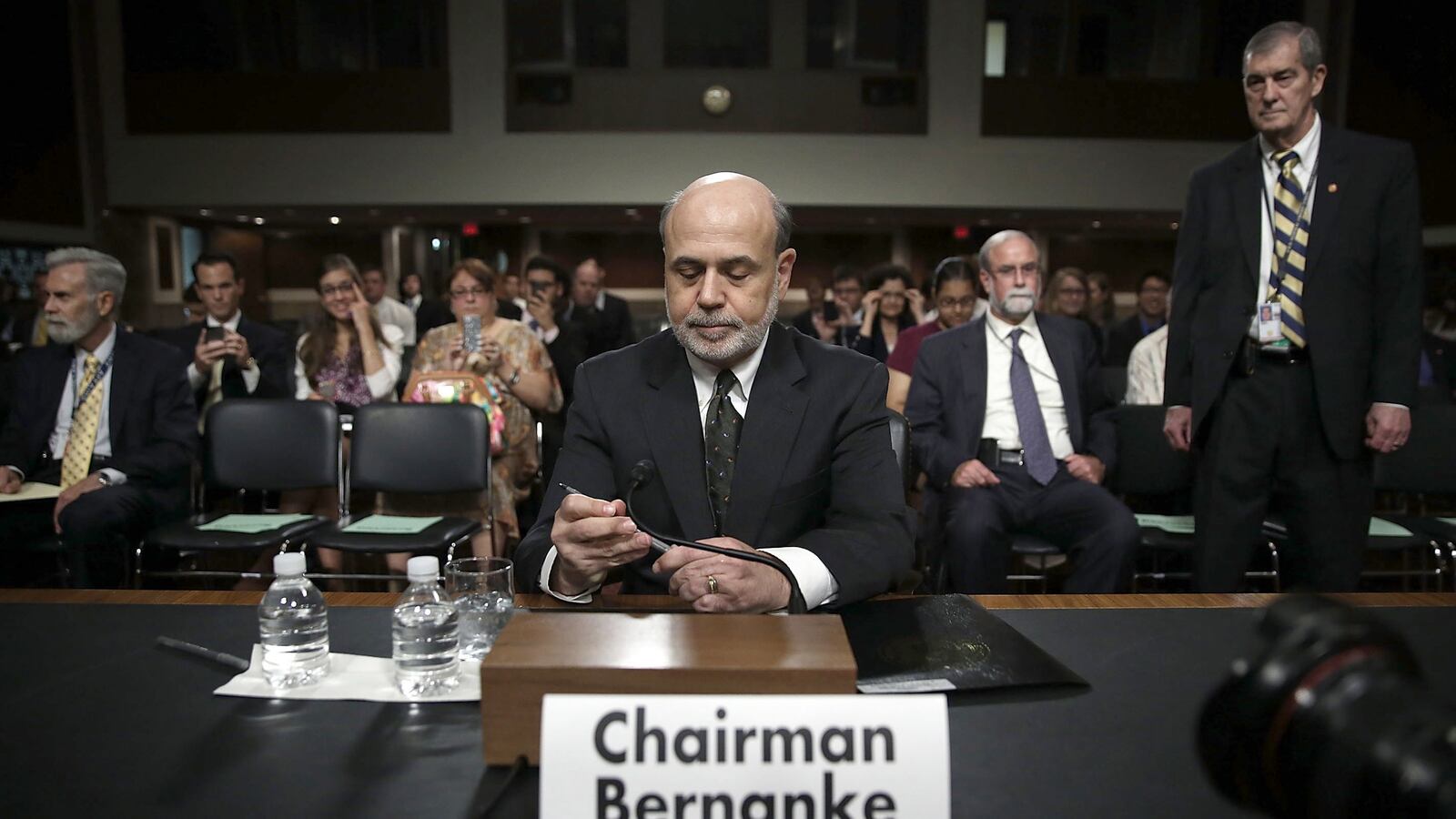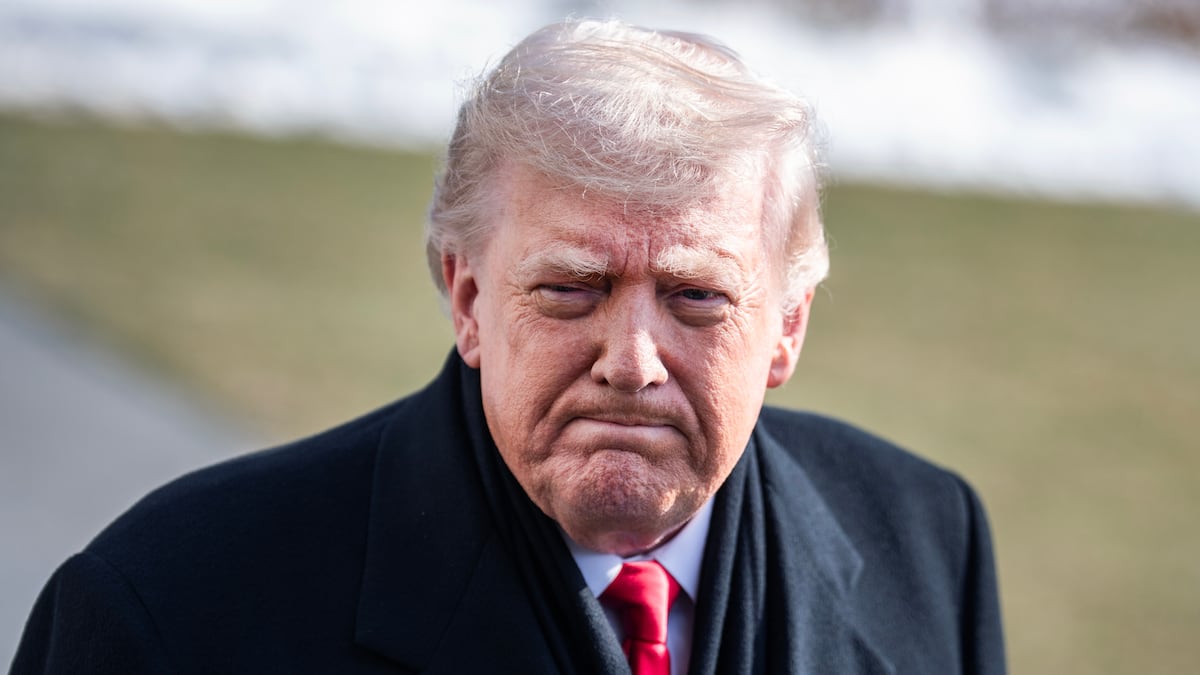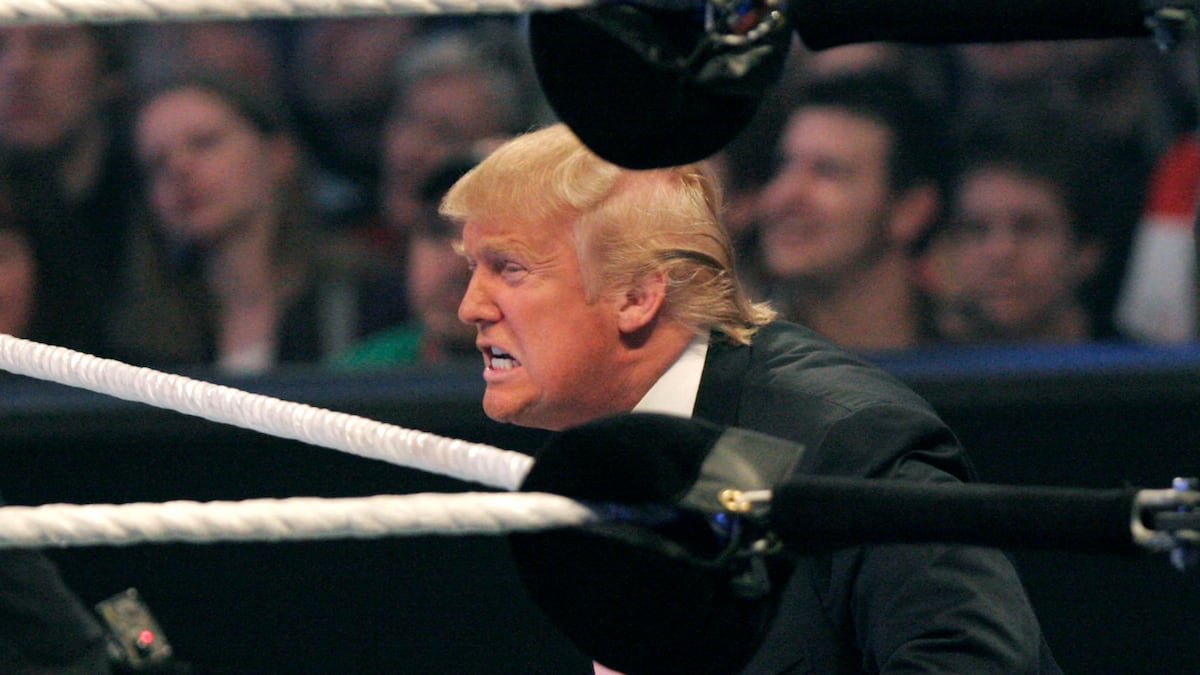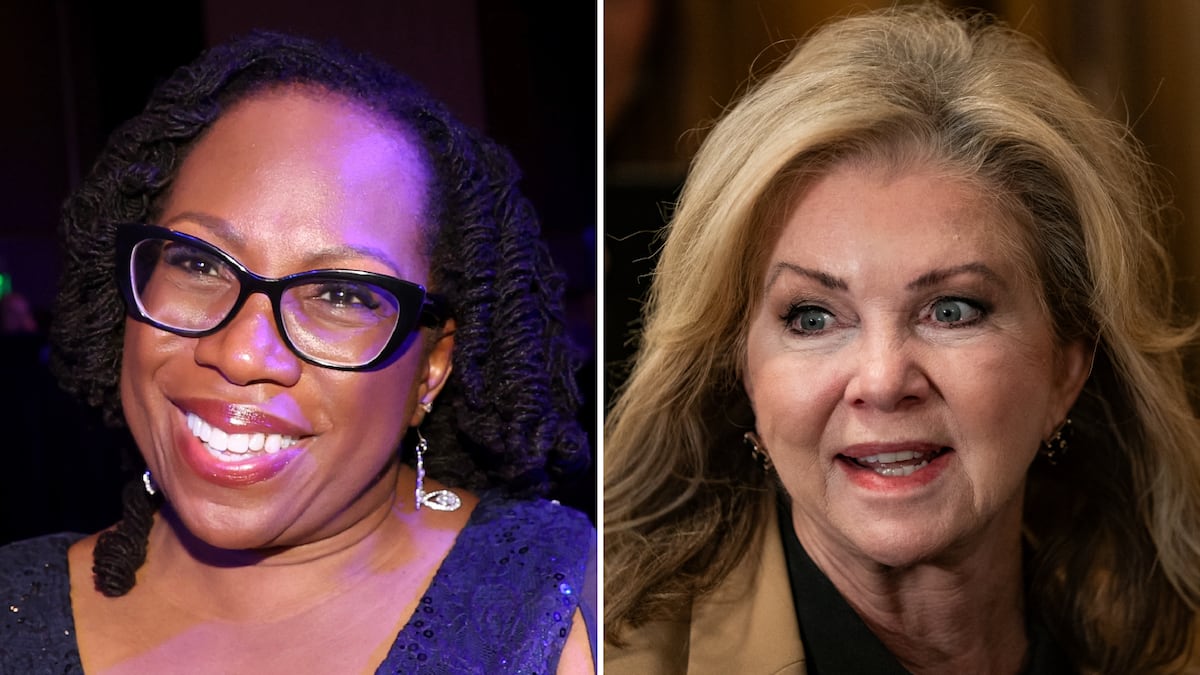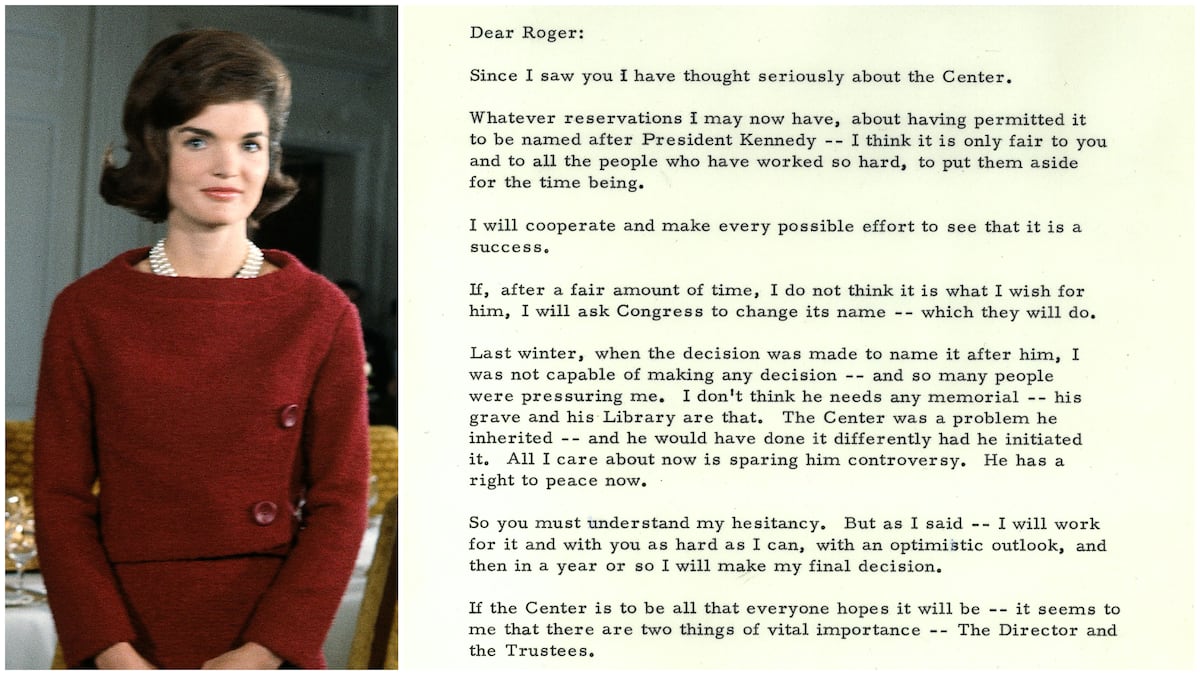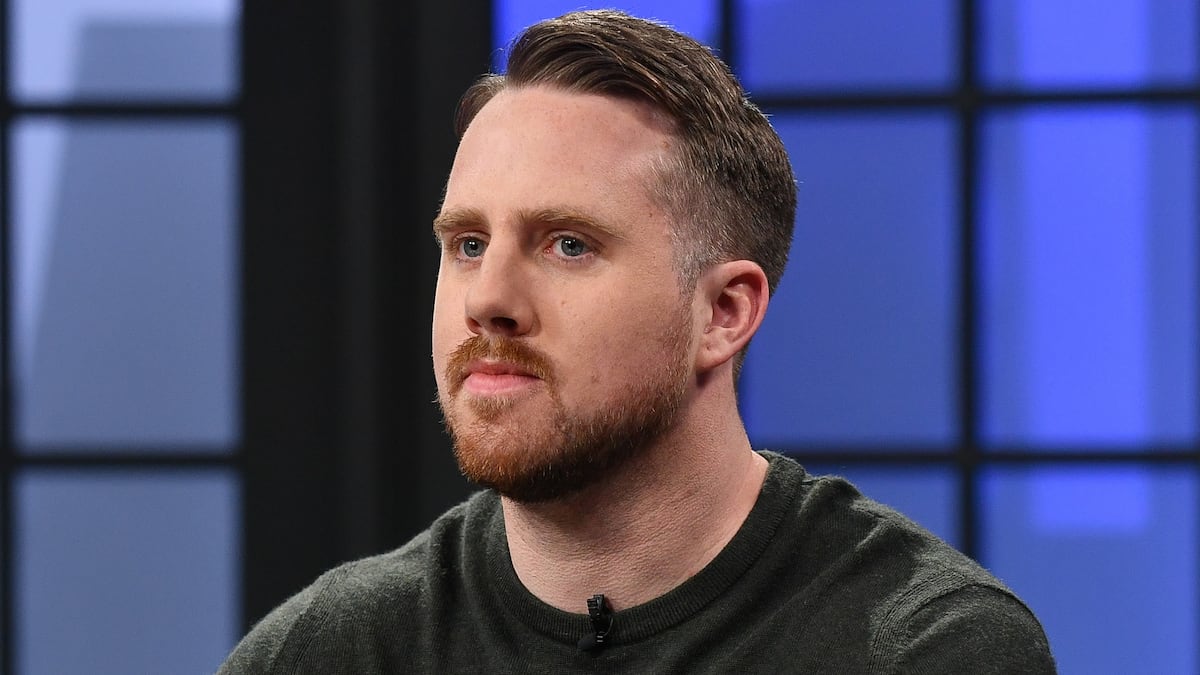On the Internet, there’s rampant speculation about the future of an iconic figure. Will he continue for another season? Is he already on his way out? And who will replace him as the protagonist in one of our most-watched dramas? Every day, devotees scan public utterances, transcripts, and videotapes for clues.

I’m not talking about the fate of Don Draper on Mad Men. I’m talking about Ben Bernanke at the Federal Reserve.
The bearded Princeton professor’s second term expires in January 2014. And the multi-trillion-dollar question hanging over the markets is whether he will stick around for a third term.
The presumption among Fed watchers is that he won’t. After all, he’s served through some very difficult and exhausting times. Bernanke’s Fed helped steer the U.S. and global economy through the rolling crises of 2008 and 2009, and through the halting, disappointing recovery. Having slashed short-term interest rates to zero and engaged in massive asset purchases, the Federal Reserve is pretty much out of ammunition. His repeated pleas to Congress to knock off the austerity have been ignored. And Bernanke, who came into public life as a Bush appointee, has become a hate object among many on the right. He’s reached a point where there’s not much more the Fed can do on its own. So Princeton certainly looks rather appealing.
Now, one of his goals has been to increase transparency at the Federal Reserve. His predecessor, Alan Greenspan, was famous for purposefully obfuscatory prose that kept traders and investors guessing. Realizing that we are living in more volatile times, and one in which the Federal Reserve is playing a much more prominent role in the economy, Bernanke has sought to set a more clear course. His Federal Reserve likes to telegraph moves to the market far in advance and proceed with all deliberate speed, the better to avoid sharp sell-offs. So, for example, in recent months, the Federal Reserve has started to lay the groundwork for talking about the prospect of beginning to curtail the $85 billion-per-month asset-purchase program. This is the dreaded “taper” that has lately given stock markets nausea.
But with just seven months left in his term, Bernanke has made few declarative pronouncements about his future. Still, it’s possible to divine his intent. In his quarterly press conference in March—part of his transparency efforts—Bernanke hinted that he might not stick around for the unwinding of the zero interest policies. “I don’t think that I’m the only person in the world who can manage the exit,” he said. In prior press conferences, Bernanke generally noted that he hadn’t talked with President Obama about a third term. But in March, he conceded that “I’ve spoken to the president a bit, but I really don’t have any, I don’t really have any information for you at this juncture.” Those statements had Fed watchers, who are accustomed to parsing every public utterance of every minor central banking official for hidden meaning, stroking their chins and furrowing their brows.
There’s more. In April, Bernanke said he would skip the Kansas City Federal Reserve Bank’s annual Jackson Hole conference. That’s a little like Thomas Friedman skipping Davos or Bill Clinton skipping a Democratic convention. Jackson Hole is the place for central bankers to see and be seen. A Federal Reserve official cited a “personal scheduling conflict.” But again, Fed watchers were reading between the lines. “I wonder if that indicates what we all believe,” said Tim Duy, a University of Oregon economics professor and proprietor of the FedWatch blog—i.e., he’s gone come January.
Last week, delivering a zinger-filled commencement speech at Princeton, Bernanke seemed to be toying with the obsessives. He started off his speech saying: “I wrote recently to inquire about the status of my leave from the university, and the letter I got back began, ‘Regrettably, Princeton receives many more qualified applicants for faculty positions than we can accommodate.’ (The opener was accompanied by a footnote that read: “Note to journalists: This is a joke. My leave from Princeton expired in 2005.”)
There was something in the speech for both sides of the argument. “Don't be afraid to let the drama play out,” he admonished Princeton seniors. (Was that a sign that he was prepared to see the drama of recent monetary policy play out in the coming years?) On the other hand, the tone of the talk—Bernanke was more loose, relaxed, even liberated than he’s been in any public appearance I’ve seen—gave further ammunition to those who think he is dreaming of a return to New Jersey.
As for his replacement, don’t pay any attention to the boldface names you hear bandied about, such as former treasury secretaries Larry Summers and Tim Geithner. The Federal Reserve needs continuity. Vice Chairman Janet Yellen has been a staunch ally of Bernanke at the Fed and has the requisite academic (Yale Ph.D., Berkeley faculty) and political (Clinton White House) pedigrees. She’s a natural successor, and she’s planning to go Jackson Hole this summer. Her appointment would mark a departure from recent history in a few ways. First, she’s a woman. Second, and perhaps more important, she’s a Democrat. One of the strangest features of economic policymaking in the past quarter century is that when they were presented with opportunities to appoint the Federal Reserve chairman, both Clinton and Obama simply reappointed the Republican economists chosen by their Republican predecessors.

